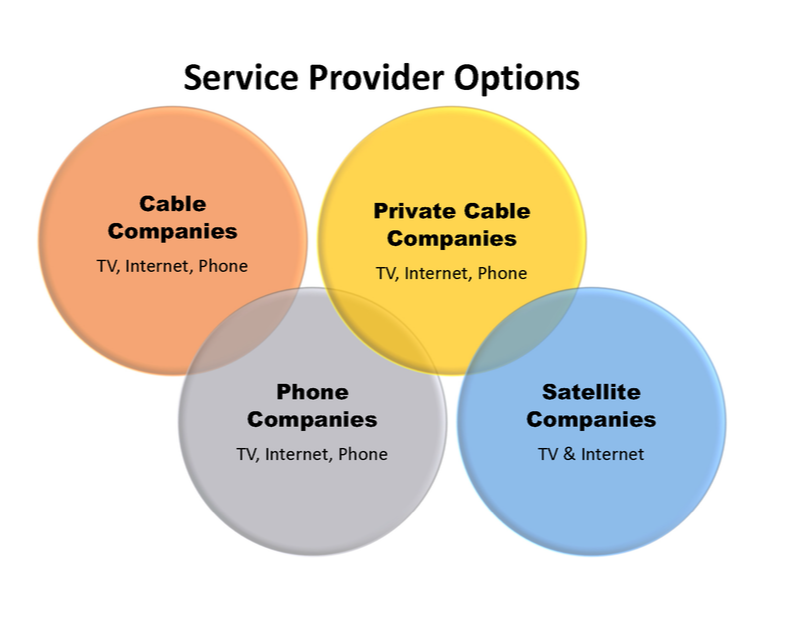Steering the Intricate Landscape of Regulatory Guidelines for Network Protection in Multi-Dwelling Residences to Ensure Occupant Security and Data Safeguarding
Wiki Article
In today's world, numerous individuals live in multi-dwelling buildings, including apartment complexes and condominiums. Such places often utilize common networks for internet and other amenities. Although this setup can be beneficial, it also raises important concerns about network safety and regulatory requirements. Ensuring the safety of residents and safeguarding their information is crucial. This article will explore the complex environment of regulatory guidelines for network security in multi-unit buildings, focusing on how these guidelines help keep residents secure and secure.
A of the primary compliance standards that pertain to network safety is the EU Data Privacy Regulation (GDPR). This law is designed to protect individual information and privacy for persons inside the EU Community. While it mainly pertains to companies functioning in the EU, its tenets can affect procedures in other regions as well. For multi-dwelling buildings, complying to GDPR means implementing robust data safeguarding protocols. This includes ensuring that residents' personal information is gathered, kept, and processed securely. By adhering to these standards, building managers can assist build trust with residents and guarantee their information is safe from unauthorized intrusion.

Another important standard is the Healthcare Insurance Portability and Responsibility Act (HIPAA), which protects confidential patient data in the medical sector. In multi-dwelling buildings, particularly those that provide medical assistance or have residents with specific medical requirements, adherence with HIPAA is essential. This means that any health-related information gathered from residents must be kept confidential and protected. Building managers must ensure that their system infrastructures are designed to prevent data breaches and unauthorized intrusion. By taking these steps, they not only comply with legal obligations but also foster a safe living environment for all tenants.
Alongside GDPR and HIPAA, the Payment Card Industry Data Protection Guidelines (PCI DSS) is a further vital compliance standard. This standard is especially important for multi-dwelling units that accept debit card transactions for lease or services. PCI DSS outlines protection protocols that must be in place to safeguard customer data. This includes encrypting confidential data and frequently monitoring network security. By following PCI DSS guidelines, property administrators can minimize the threat of information breaches and protect residents' financial data, which is crucial for upholding their confidence and safety.
Ultimately, it is essential for multi-dwelling units to remain informed on regional and federal regulations regarding network security. Laws and standards can evolve, and remaining aware is crucial for compliance. Property administrators should frequently assess their safety protocols and procedures to ensure they meet current requirements. This proactive approach not only assists in maintaining compliance but also improves the overall security of the system. By prioritizing resident safety and data protection, multi-unit buildings can create a safe residential space that encourages confidence and peace of mind among residents.
In conclusion, traversing the complex environment of compliance standards for system security in multi-unit buildings is crucial for guaranteeing resident security and information safeguarding. By comprehending and applying guidelines like GDPR, HIPAA, and PCI DSS, building administrators can establish a safe environment for their residents. Staying informed about local regulations and regularly weblink reviewing security practices further enhances this commitment to security. Ultimately, a strong focus on adherence not only protects residents but also builds a sense of community and confidence among multi-dwelling buildings.